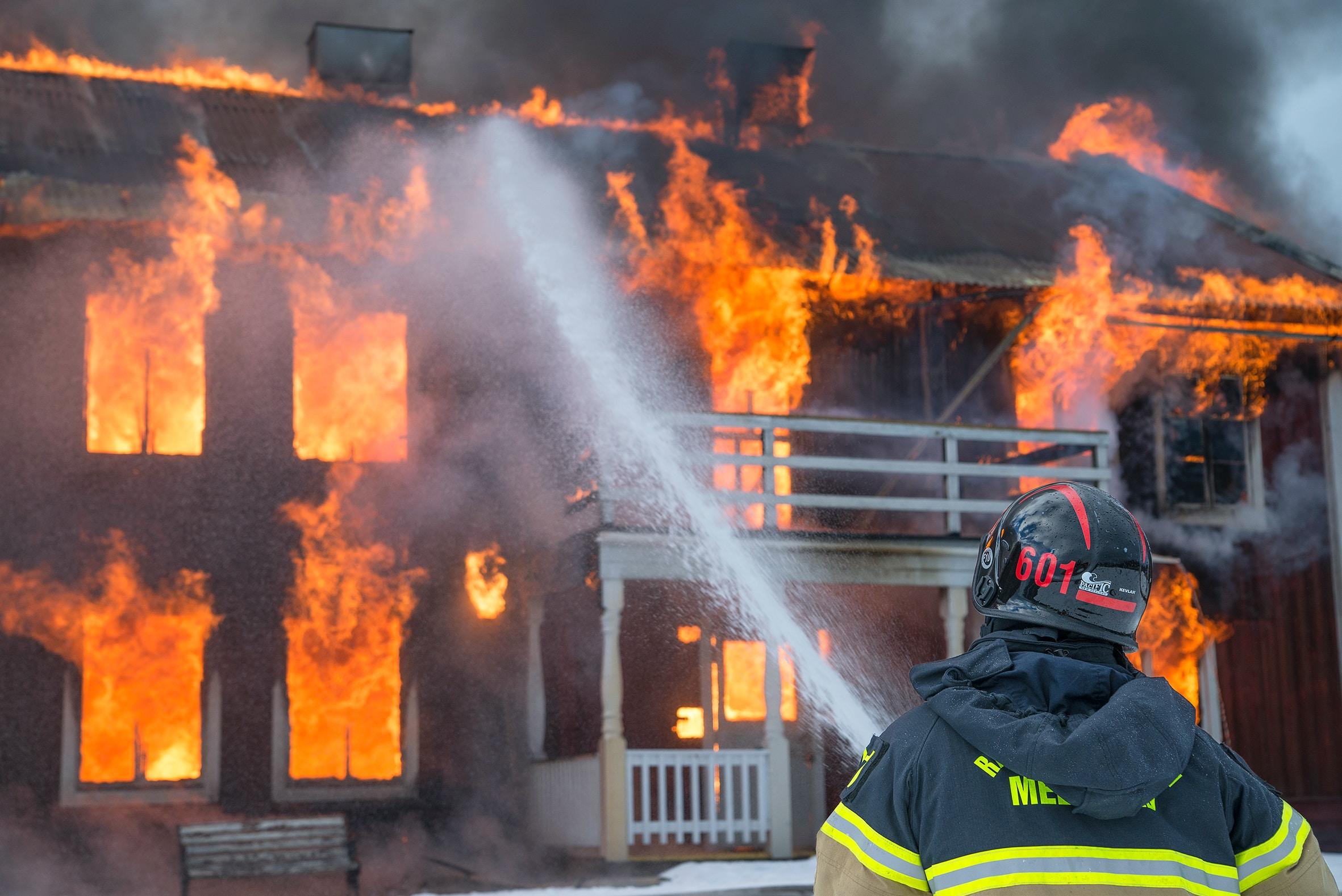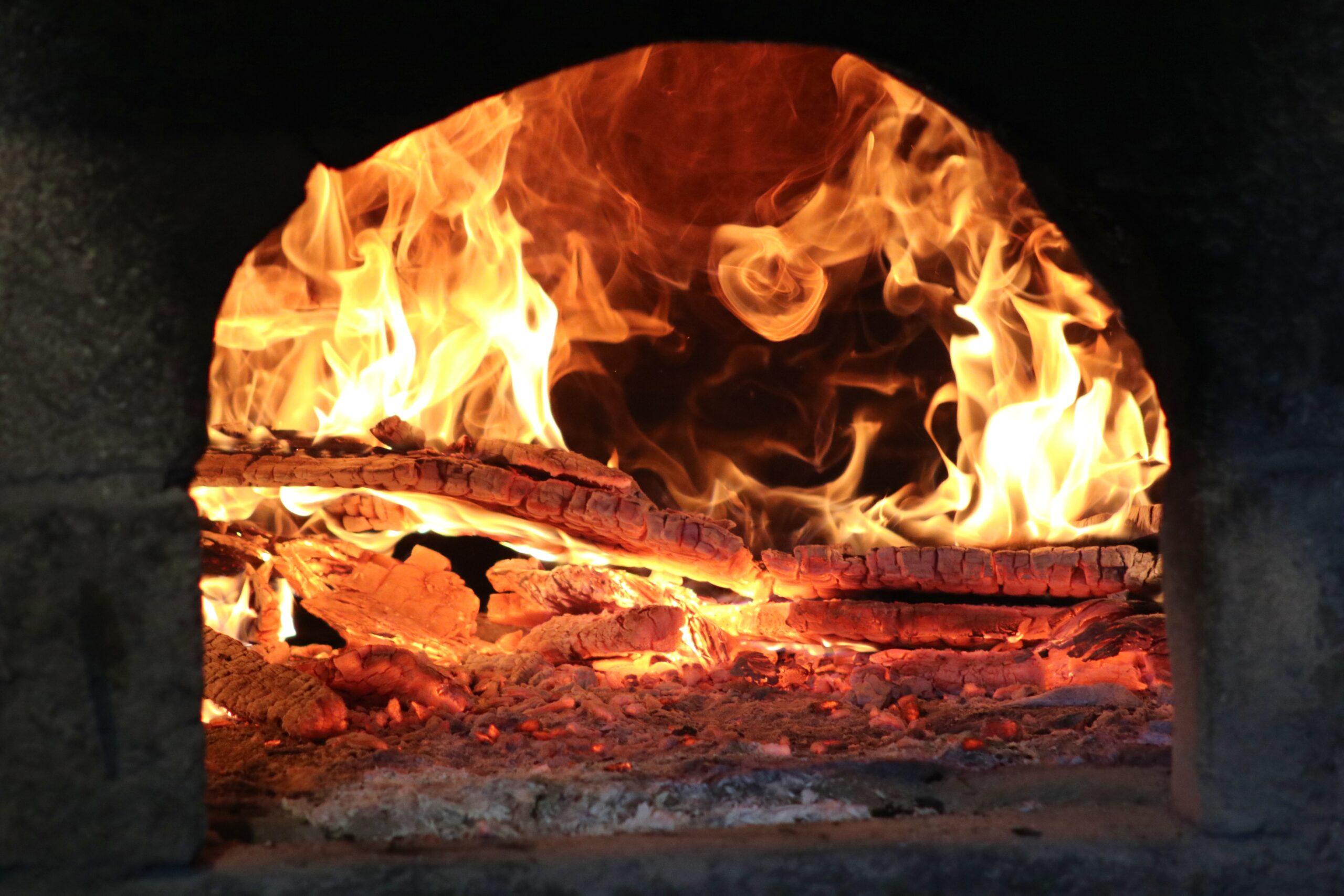As adults recklessly use and improperly store gasoline, thousands of young children continue to get burned every year. Meanwhile, video documentation of gasoline being misused and played with by adolescents is prevalent on the Internet.
Fires caused by gasoline are a major factor in burn injuries. According to the Consumer Products Safety Commission, in one year about 1,270 children under age 5 were treated in emergency rooms for injuries resulting from improperly secured gasoline cans and the misuse of gasoline. And tweens and teens ages 10-14 are four times more likely to get in trouble with gasoline than children.
Advice for parents of young children
- Remember that gasoline has only one use— to fuel an engine. Any other use, such as to start a fire or use as a cleaning agent, sends children the wrong message.
- It’s crucial that parents safely store gasoline. A common mistake parents make is storing gasoline inside the home or in a structure attached to the home, like a garage. Gasoline should always be stored in a location not attached to the home, such as a shed or other well-ventilated area. Also, place the stored gasoline out of children’s reach.
- Never store gasoline in non-approved containers, including plastic milk jugs and glass jars. Gasoline should only be stored in an approved safety container.
- Teach young children that only adults are allowed to handle a red gasoline container.
- Many kids have been burned when an appliance, like a clothes dryer or hot water heater, ignited gasoline vapors. Never store a gasoline container near an appliance or other possible ignition source.
- If you are outside mowing your lawn, remember to safely store the gasoline container before you begin your work. Leaving the gasoline can out in the open may invite curious young children.
Advice for parents of tweens and teens
- Parents should visit any video sharing Web site like YouTube and type in “playing with gasoline” in the search box. You’ll be shocked by the number of videos that teens post showing extremely dangerous behaviors involving gasoline. It’s important for parents to know what teens are watching on these Web sites.
- Look for signs that your teen may be practicing unsafe fire-related behaviors. These signs include clothing that smells of gasoline, matches or lighters found in teens’ rooms, and moved or emptied gasoline cans.
- Many teens mow lawns for extra money. Remind your kids to safely store gasoline cans before beginning their work in order to protect children and family members. Also, remind kids to only fill the engine with gasoline when the engine is completely cool. A hot or warm engine could ignite gasoline vapors and cause an explosion and fire.
- Advise your teen that it’s not cool or funny to experiment with gasoline in any way. Five minutes worth of entertainment could result in a lifetime of painful surgeries and disfiguring scars.




